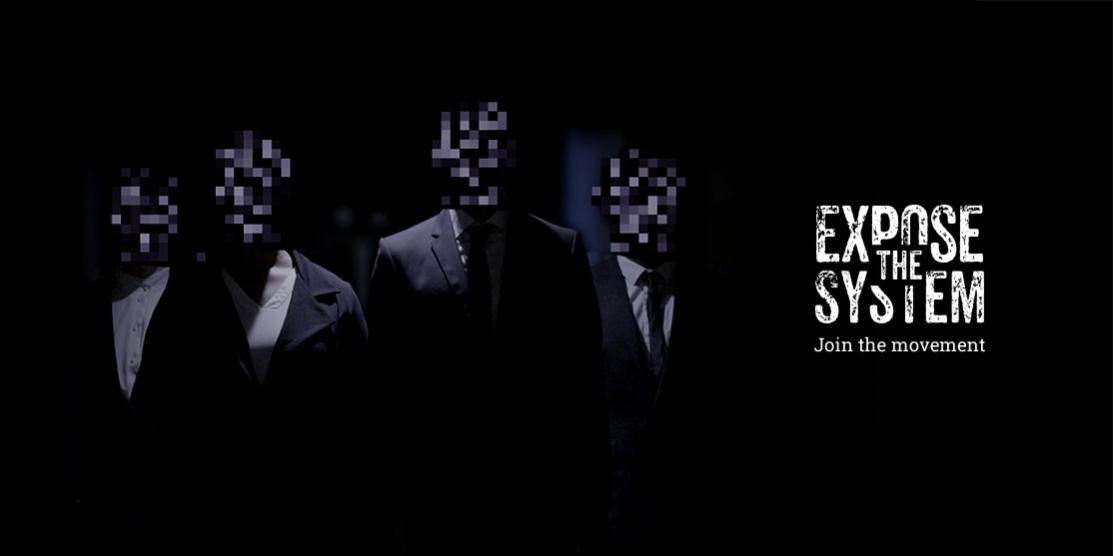Bringing effective and decisive political leadership to bear on WASH requires that we expose the system; making it visible and actionable to those with power. IRC's new campaign aims to do just that.
Published on: 14/05/2019
The heart of providing safe and sustainable water and sanitation services (WASH) to everyone by 2030 lies in building the local and national systems required to do so. Creating and enabling these systems demands, in turn, firm and decisive national leadership from beyond WASH.
At IRC, we spend most of our time and effort working within the WASH system – with ministries of water or health; with water and sanitation committees; district water officers; private service providers and others – to support collective action that drives change and leads to real results for people.
Increasingly, we see that this approach is necessary but not sufficient. While part of the solution to getting water and sanitation to everyone lies within the WASH system and its actors, parts lie outside. A big part of what lies outside is money; the latest best guess estimate says that to deliver basic water and sanitation services to everyone will cost US$ 114 billion per year, roughly three times what is currently being invested (World Bank, 2016).
But money isn’t the only challenge. Indeed, the real problem is a difficult piece of circular logic that goes something like this: ‘to become attractive to inward investment the water and sanitation sector first needs to put its house in order; but to put its house in order first calls for investment’. For a public sector like water, IRC believes strongly that the only entity capable of breaking the circle is government. Government can make the investment necessary to strengthen the WASH system; government can bang heads together to break through the vested interests that resist change.
But what do we mean by government? In this case, political leadership. Whether that is in the form of councillors or mayors at district level, parliamentarians or eventually the president at national level. The change required needs those in power to take WASH seriously and to engage in systems strengthening.
Motivating this power requires that those of us within the WASH sector learn to speak to political power and those that influence in a way that is understandable and useful. That talks not just of accountability and duty (although that is important) but that also presents clear and compelling ways forward. Speaking for myself and IRC, this is something that we are on a steep learning curve to master. Yet it is the challenge that I have set us; it is the challenge that I have referred to in the past as removing systems blindness. Our latest campaign Expose the System is the most recent expression of this ambition.
The campaign is a beginning not an end – following on last year’s propeller campaign it is another angle on making WASH systems tangible. It is premised on the idea that if we want to engage with non-WASH sector influencers and political power, we need to find a way to help leaders understand that WASH is not just about pouring concrete and pipes. Instead, we need them to focus on creating the systems of people and organisations that will pour the concrete and lay the pipes. Our campaign seeks to point new audiences to simple explanations. Why a systems approach matters above all else and that we are producing new resources explaining it in a simple format. And, once we’ve achieved that, to start to help them to see where their leadership (and yes, money) is required; not as a bottomless pool of subsidy but as a real investment in making the sector as a whole more sustainable and investable.
We hope that you find Expose the System useful in our shared ambition.

At IRC we have strong opinions and we value honest and frank discussion, so you won't be surprised to hear that not all the opinions on this site represent our official policy.